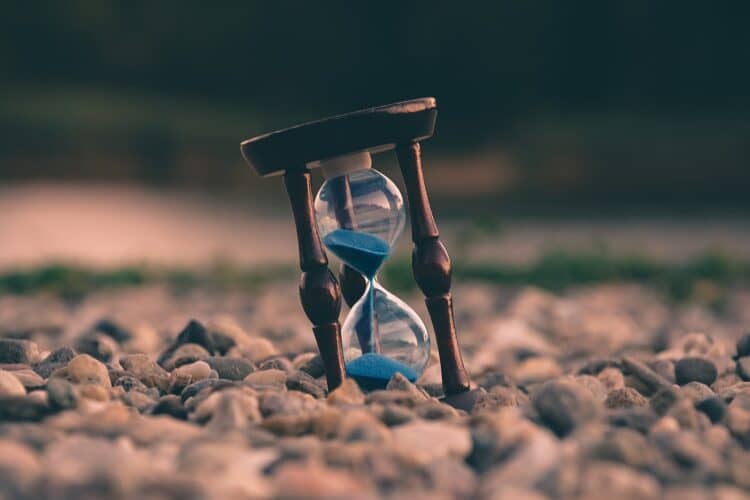Why are we so afraid of scarcity when we have theoretical barns full of renewable soft currencies to spend? Money remains our most familiar currency, but what about our time and talents? We spend those too each and every day.
I originally wrote this post 2 years ago. The idea sprung from an odd thing my youngest daughter said to me in conversation. She told me she heard that adoptions have gotten cheaper. Not only do I not know who said that to her, but I whole-heartedly doubt its validity.
We adopted through Social Services. It surprised her to learn we did not pay thousands of dollars for her and her sister. I took the time to share the nuts and bolts of their adoptions. I was quick to share with her that adopting herself and her sister didn’t have a large price tag, but the decision to adopt from foster care came at a very steep emotional price.
Our conversation caused me to ponder the cost of decisions. Most often, when mulling over a decision, I think about the consequences. I don’t typically consider decisions from the perspective of cost. For example, if I decide to go for a walk it will cost me time that I could spend on something different. Also, if I go for that walk it will contribute to overall good health… a positive consequence. So, the cost equals whatever currency we trade to take the action and the consequence equals the outcome.
I already mentioned time, but what are some other currencies we exchange that drive how our lives and the lives of those around us turn out? Comfort, ideals, peace, and harmony come to mind. Energy ranks number one for me. All those things have value just like cash in our pockets. It seems to me, perhaps too often, we choose to hoard our currencies.
When I came into some cash as a child, Mother always said my money was burning holes in my pockets. I remember clearly the excitement of having money to spend. I loved the idea of getting to decide what to spend it on. The possibilities seemed endless and I wasn’t concerned at all about exhausting every penny. Back then I didn’t go shopping. I went spending. Freely and joyfully, money and I parted ways.
Back then, money equaled simple potential. I didn’t overthink it. As life and responsibilities showed up, I began to think about money differently. Somehow, I ended up adopting a scarcity model concerning all my resources, not just my cash. Maybe that is how it happened for you too?
What if we shifted our mindsets away from the scarcity model with regard to our soft currencies? Could I be more willing to spend more of my precious energy to bless someone else? Might you be open to spending some of your time bringing joy to your neighbor? Can we re-learn how to spend freely and joyfully like we did as kids?
What we are hoarding has massive spending power. There is a piece of me that gets really excited about that. Our soft currencies should be burning holes in our pockets, not rotting in some leaky theoretical barn. We need to go spending!
The decision to adopt cost us millions in soft currencies. Our return on investment equaled our output. The bigger the investment, the bigger the risk and the bigger the potential rewards. Sometimes we spend a dollar on a set of jacks that lasts a week, and sometimes we spend an hour to bring weeks or months of joy to another person. We have more to spend than just what can be found in our pockets or bank accounts. We need to learn how to maximize the spending potential of our soft currencies where it matters most …. in the lives of the people around us.


Dr. Charles Stanley’s list was time, talents, treasure and testimony. Preachers always use alliteration! Yours is a yet more comprehensive list.
Dad